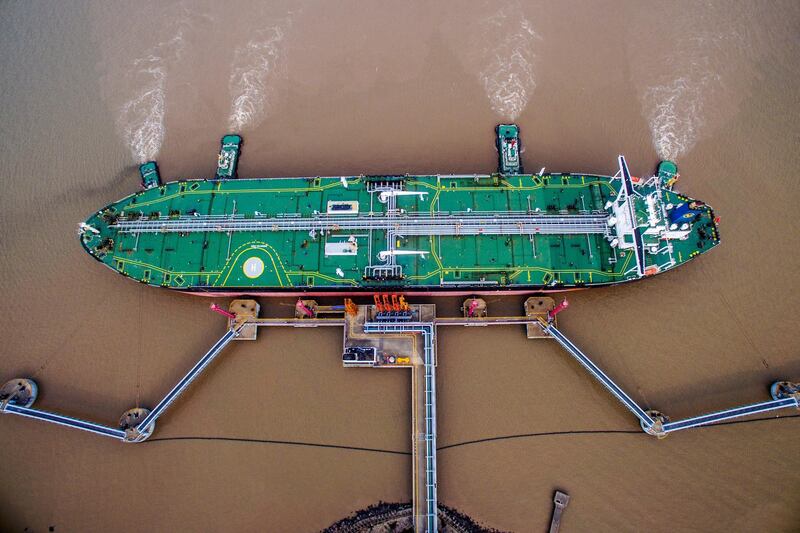Energy security has become increasingly important to ensure the well-oiled functioning of all global economies. As defined by the International Energy Agency, the Paris-based global energy watchdog, it refers to the uninterrupted availability of energy at an affordable price.
For most countries in the Arabian Gulf, energy security may not necessarily top economic priority thanks to adequate fossil fuel resources, but for the rest of the Middle East, and the wider Asian region, it drives economic and foreign policy. For countries like India and China, which comprise the bulk of global energy demand particularly from the Middle East, ensuring energy security of their populations is an ongoing concern.
______________
Read more:
[ Adnoc looks to expand partnerships with Chinese oil majors ]
[ Adnoc seeks more value creation as it transforms into an integrated company ]
______________
China alone has over 300 million registered vehicles on the road, running on refined crude products. Factories and power stations also require fuel, currently being met by coal and increasingly being replaced by natural gas as the world’s most populous country looks to lower pollution levels and prepare for a greener future. However, the process is time-consuming as renewable resources and infrastructure associated with their deployment take time to be installed. Meanwhile, China, which cannot afford to run out of fuel, is securing the best deals it possibly can, especially through foreign oil asset purchases. "Energy is a central pillar of the strategic relationship between the UAE and China, particularly as China is now the world’s largest importer of crude oil," says a spokesman for Abu Dhabi National Oil Company, which recently sold offshore stakes to Chinese companies. China’s oil imports are expected to exceed 12 million barrels per day this year and is expected to grow to more than 15 million bpd by 2040, he added.

Meanwhile, for South Asian countries like India and Pakistan, oil security has driven foreign policy agenda with the two nations well-adept at manoeuvring relationships with West Asian states to secure better crude and gas off-take deals. However, fluctuations in the oil markets, allegations of unfair pricing towards Asian consumers as well as the reality of declining reserves have prompted these states to deploy renewables capacities over the next decade. India, for instance, looks to derive around 40 per cent of its energy needs from renewables, with around 250 Gigawatts powered by solar by 2030. Pakistan, on the other hand is building its own renewable future, bankrolled and built by China as it looks to move away from dirty coal and find reliable resources to put an end to intermittent power outages across the country. For the oil-rich Middle Eastern nations too, resting in the comfort of oil security is no longer a viable option, as maturing resources, a tempestuous market and the global pivot to green energy has led to a fast tracking of solar and wind programmes in Saudi Arabia, the UAE and even Kuwait.







